Dan Grandér Research Prize
The Dan Grandér Research Prize is awarded annually for the best dissertation in cancer research at Karolinska Institutet.
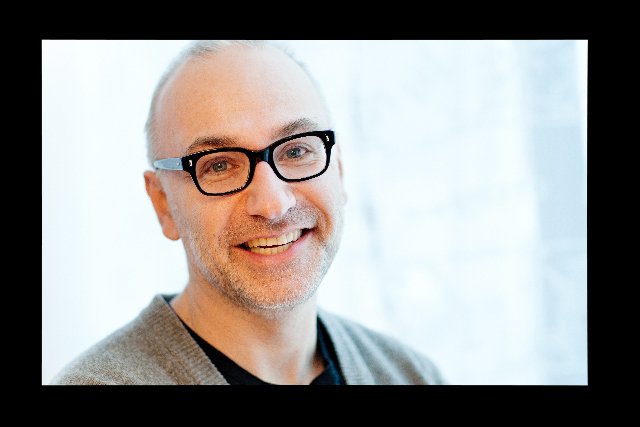
Dan Grandér began his research career in 1985, defended his thesis in 1991 and was at his passing in 2017 professor and Head of the Department of Oncology-Pathology. He dedicated his entire career to cancer research and especially cared for mentoring young researchers throughout that time.
When Dan Grandér passed away, a fund was instigated in his memory to honor the best dissertation in cancer research at Karolinska Institutet. The prize is awarded each calendar year. The awarded sum amounts to 50 000 SEK, of which at least 50% are to be used as research funding. The other 50% can be disposed freely by the awardee.
Previous awardees:

2024: Marcus Skribek, Strategies for Optimizing Immune Checkpoint Inhibition in Advanced Non-Small Cell Lung Cancer
His thesis provides important clinical insights into how immune checkpoint inhibitors potentially can be better used for lung cancer patients with brain metastases . By clarifying the role of steroids together with immune checkpoint inhibitors, showing benefit in brain metastases, and introducing a new prognostic tool, his work makes a translationally impactful contribution to cancer research.
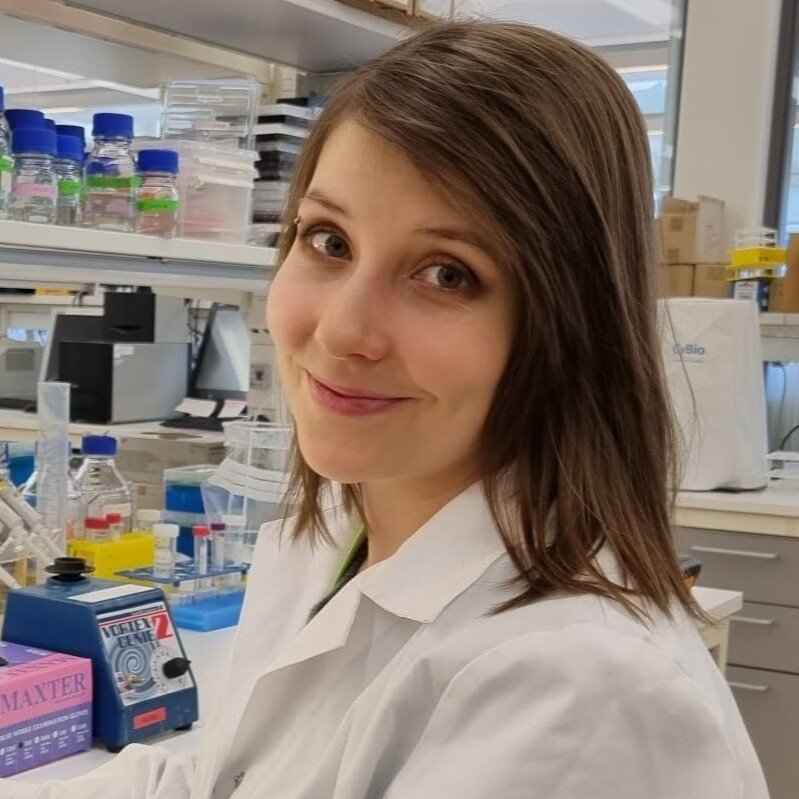
2023: Petra Marttila, Targeting MTHFD1 and MTHFD2 as cancer treatment
Her pioneering research improves our understanding of basic cellular processes as well as exploits novel molecular targets for cancer-specific therapies.
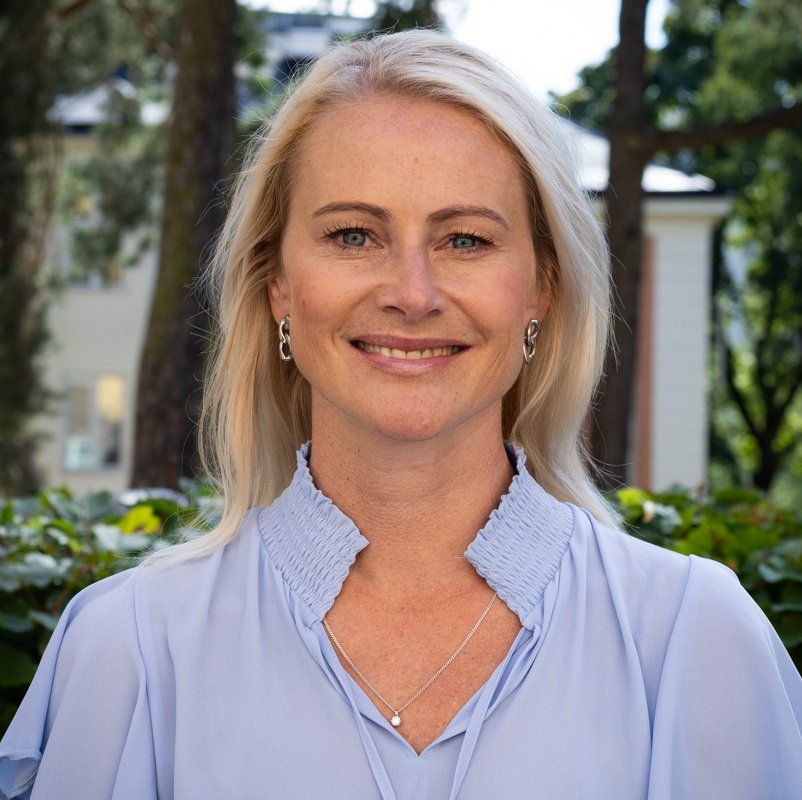
2022: Karin Dembrower, Deep learning in breast cancer screening.
For her innovative use of AI technology to improve the accuracy of breast cancer screening diagnostics, with the potential to improve the prognosis of breast cancer.

2021: Xiaofei Ye, Characterization of the genome and tumor microenvironment of human B-cell lymphoma
For translating sequencing data into an understanding of disease mechanisms that potentially may lead to better diagnosis and treatment of lymphoma.
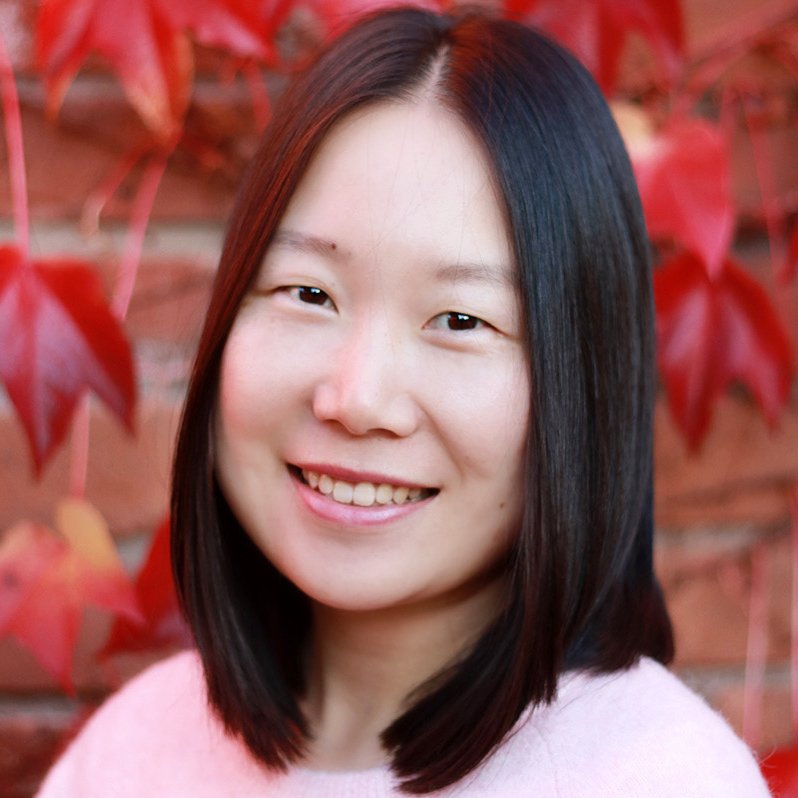
2020: Jiayao Lei, Prevention and prognosis of cervical cancer : the interplay of human papillomavirus, vaccination and screening
For exceptional work on the prevention of cervical cancer with important implications for women all over the world.
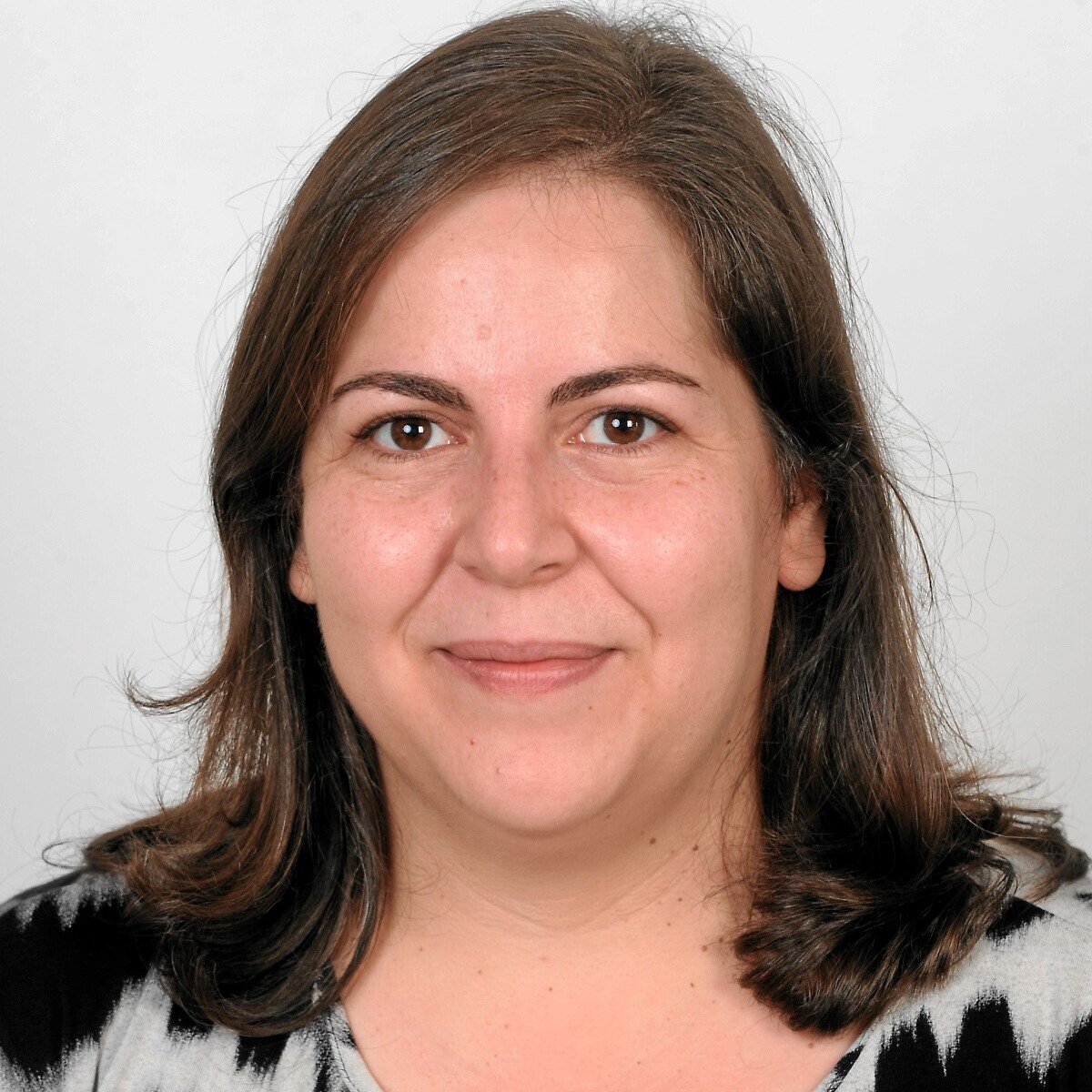
2019: Tania Costa, PAK4 signaling in development and cancer
Tania have explored the role of PAK4 in normal organ development and cancer. She established two mouse models with PAK4 depletion in the mammary gland and in the pancreas and a counterpart mouse model with PAK4 overexpression in the mammary epithelium. Her data showed that PAK4 confers selective advantages to cancer cells by overcoming the senescence barrier and through a crosstalk between PAK4 and NF-κB signaling. The results are thus highlighting PAK4 as an attractive therapeutic opportunity in cancer.
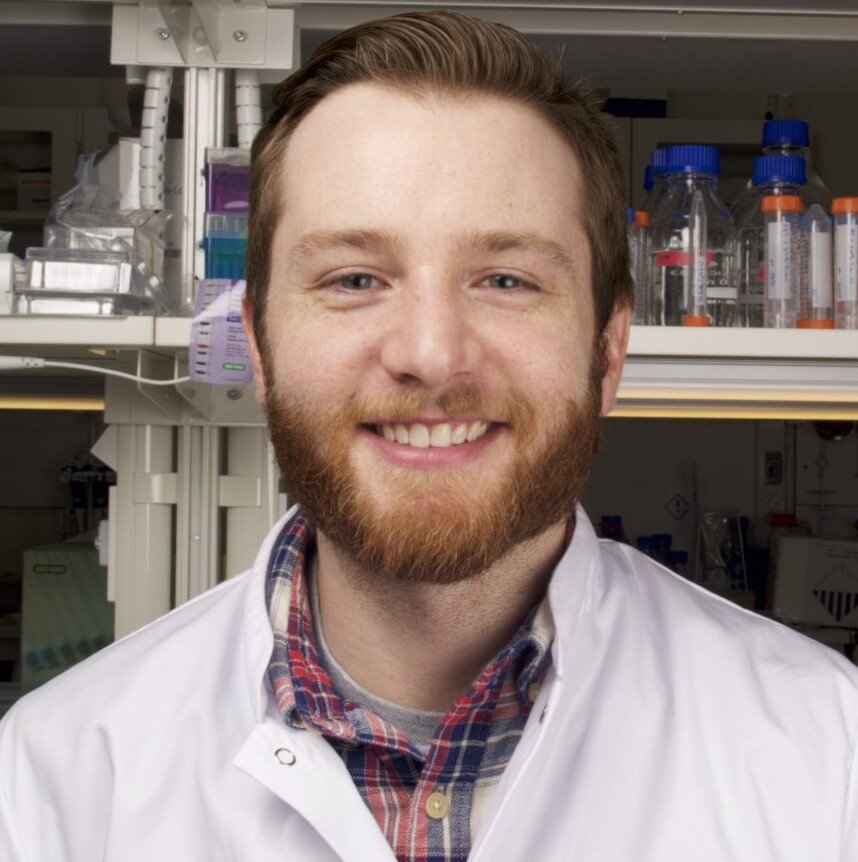
2018: Nicholas Valerie, Roles of NUDT5 and NUDT15 beyond oxidized nucleotide sanitation and their potential as therapeutic targets
Nicholas demonstrates novel functions of the two enzymes NUDT5 and NUDT15 in oxidized nucleotide metabolism. Furthermore he shows that NUDT5 is an important regulator of hormone signaling, and that it could block thiopurine based chemotherapies to reduce their efficacy as cancer therapeutic agents. This led to the development of targeted NUDT5 inhibitors which might be used to potentiate cancer therapy.
